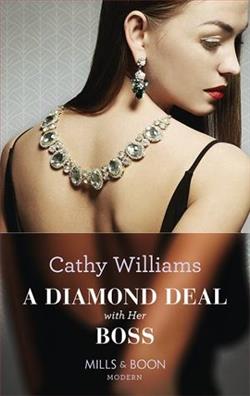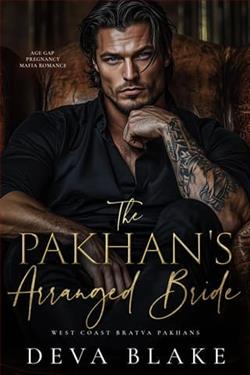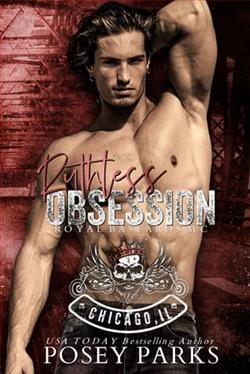Page 37 of Highland Queen
Chapter 12
The lords and ladies gathered that day in the great hall to celebrate our coronation. As was the custom in older days, the warriors who had gathered hung their shields on the wall, displaying to all which lords, thanes, and clans had come to pledge their fidelity to the new king.
While Duncan’s feast had been a lively event—full of proper dinner etiquette and stimulating conversations on the weather—our feast was far different. Pipers played, and lords and ladies danced. The Northmen drank and laughed, and even the more refined in the crowd seemed honestly at ease. Macbeth worked his way through the room, meeting with the southern lords, accepting their congratulations and—it did not escape my notice—introducing himself to all their fair daughters.
Killian had sent some of the men of Moray to work the room as well, but their eyes were looking for something far different from beautiful girls. And he was right to do so. Amongst all the cheer, I could feel the seeds of anger. The southern lords smiled to Macbeth’s face, but they exchanged wary glances when his back was turned. More would need to be done to bring them back into the fold. Money, land, or properly placed threats would be needed, not pretty words. Surely Malcolm had taught Macbeth that.
My eyes also scanned the crowd for Banquo. He wasn’t there. In fact, I hadn’t seen him since having that strange, terrible vision at the coronation. My stomach knotted with worry.
“They will want to send ladies to court once you are settled at Dunsinane,” Madelaine said.
I scoffed. “Well, I shall tell them no thank you.”
“Corbie, it’s tradition,” she protested.
“It was a tradition. I will not lord over a court of luxury and waste. There is work to be done.”
Madelaine sighed. “There are some elements of politics you must come to accept, despite how odious they may seem, including making nice with the ladies.”
“We shall see,” I said then turned to the bishop who was on his second decanter of wine—speaking of luxury. “Lord Bishop, I have a question for you.”
The bishop swallowed the large mouthful of wine he was savoring then coughed lightly. “Yes, Your Majesty?”
“This crown,” I said, touching the coronet on my head. “It appears quite old. What can you tell me about it?”
“Ah, you ask an excellent question, Your Majesty. King Macbeth chose the crowns for the coronation. That is the ancient crown of Moray.”
“Of Moray? Who wore it?”
“Well, we are not entirely sure. Some say it was passed down from the ancient Pictish kings, saved from loss and ruin by your ancient ancestor, Kenneth. But no one can say for certain. King Macbeth thought it would befit you, the Lady of Moray, to be crowned with the ancient crown of your people.”
“And it does,” Madelaine said, touching the crown gently.
“That was very thoughtful of His Majesty,” I said, casting a glance at Macbeth.
“And King Macbeth’s crown?” Madelaine asked.
“Newly made, Lady Fife.”
Madelaine nodded but said nothing.
Now, why would Macbeth make a special effort to have me crowned with a piece that would hold meaning for me, a crown that would tie me to the land and people I had come to love? Macbeth didn’t care at all for me. So why make such a gesture?
“Thank you, Lord Bishop,” I said. The man nodded, but he was already refilling his wine goblet and hardly paid me another thought.
“I don’t see the Thane of Lochaber,” Madelaine told me as she scanned the room.
I shook my head. “No. I haven’t seen him since the coronation.”
“So, does he know?” Madelaine asked in a low whisper.
“Know what?”
“That you are with child?”
I turned and looked at her. “How do you—”
“Corbie, I may not have borne you, but I was a mother to you all the same. And I know your shape like my own. The laces on the gown…”















